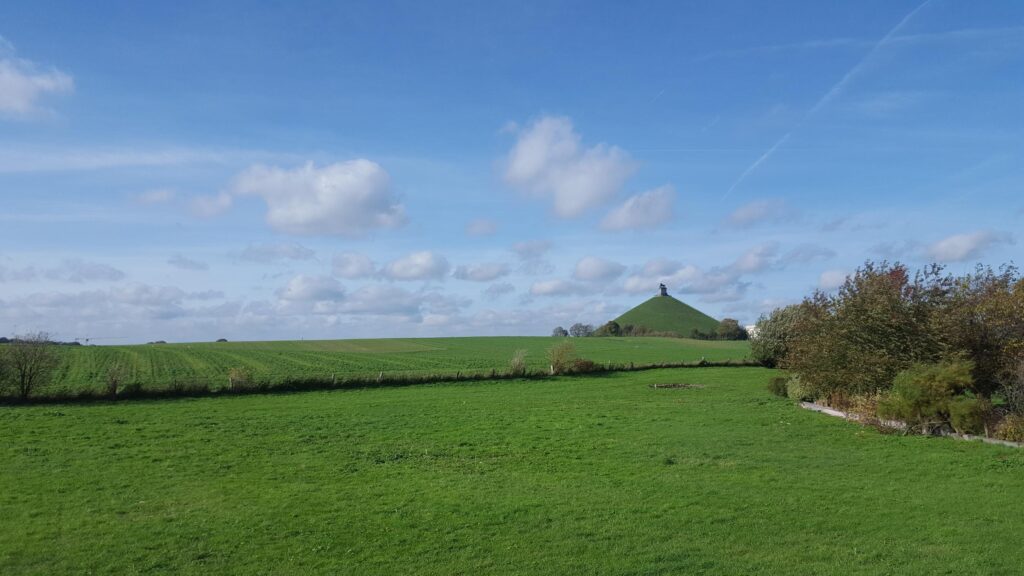As part of the world question themselves how to slowly loosen the lockdown measures, fear settles in, that regaining bits of freedom might lead to a sense of security that is premature. Even more so, after a period in which people started to realize how natural and needed proximity is.
Dealing with physical distancing is a challenge for every generation.
Dealing with an invisible risk tied to physical closeness is an even bigger challenge.
The UK prime minister Boris Johnson who was perceiving himself as being brave until contracting COVID-19, might have changed opinion since seeing himself as hazardous instead. In his phase of “braveness”, he might have been one of several members of the UK government who brushed risk aside in January.
For some people, a sense of security establishes itself by making themselves brave. In its extreme, it is either a sense of being invulnerable or a denial of risk.
For others, the risk is so present, that they have to go against it everywhere. They make themselves agents of control. They may search for ways to avoid any risk for themselves by refraining from having any contact with others or by watching closely who, according to them is multiplying existing risks.
These people can either aggress those who don’t comply with what they think is right, they might call the police or file in reports of non-compliance as Toronto invites them to do.
Nothing in this is unusual. This scale of human behavior is one we will see in almost any situation in which people are in charge of others. We can see it in any group ranging from organizations to families.
What is special about the current situation is, that it makes the extremes of this scale so visible. It’s a scale describing the varieties of ways we have to protect others.
On one end we’ll find neglect, on the other end we’ll find aggression or excessive-control.
In-between, there is a range that feels supportive. It’s either leading others by creating space to leap and experience a sense of freedom to develop their capacities on their own. Or it’s leading others by providing guidance and support while developing their capacities. It’s leadership that can be adapted to the situation and the need of the individual.
There is no right measure.
Which one we’ll prefer and will be right for us will depend on what feels supportive for us.
That’s true in the giving as well as in the receiving.
What’s protective to you, may feel like neglect or like aggression to others.
Don’t assume you know what’s right.


